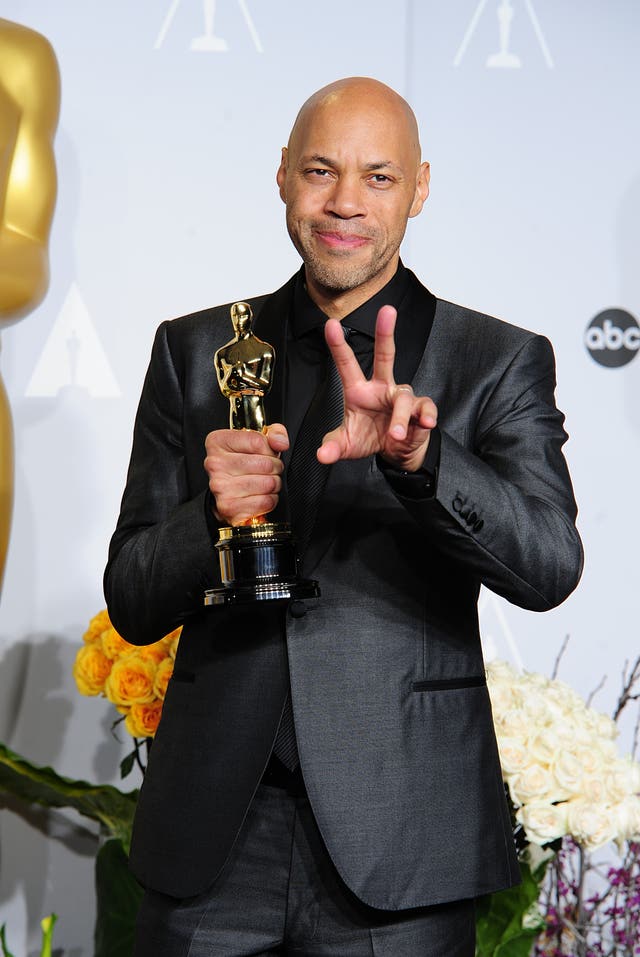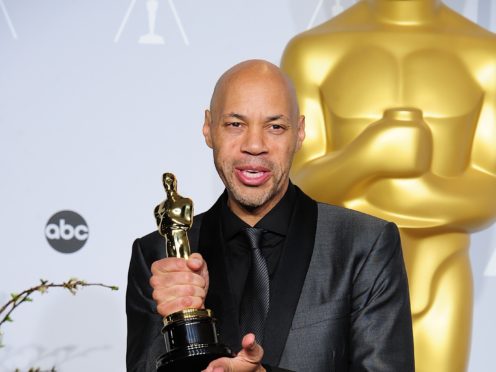The Oscar-winning screenwriter who led the calls for Gone With The Wind to be removed from a streaming service has criticised Quentin Tarantino for his “painful and infuriating” use of the n-word.
John Ridley, who wrote 2013 period drama 12 Years A Slave, successfully called on WarnerMedia to temporarily take down 1939 classic Gone With The Wind from its HBO Max platform.
He argued its depiction of slavery in the pre-Civil War American South reinforced harmful stereotypes of people of colour.

Amid the renewed debate on race and culture, Tarantino’s work has been cited on social media. The acclaimed filmmaker, who is white, has been criticised in the past for the liberal use of racial epithets in his movies.
Novelist and screenwriter Ridley told the PA news agency Tarantino “in some ways luxuriates in the word,” adding “it’s not used in particular context, it’s just used to be used”.
Ridley said: “It’s painful and it’s infuriating. But at the same time, I wouldn’t sit and say, ‘OK, you can never use that word.’”
Ridley said that while there needs to be a “continual conversation,” that does not mean a “reappraisal of every single thing in every single space”.
Tarantino’s representatives did not respond to comment, however he has addressed the criticism previously.
In 2015, ahead of the release of his film The Hateful Eight, he hit out at “critics in black culture” and said: “You wouldn’t think the colour of a writer’s skin should have any effect on the words themselves.”

Ridley’s article in the Los Angeles Times made headlines when Gone With The Wind was temporarily removed from HBO Max.
The filmmaker said his intention was not censorship, stressing he does not want the movie “locked in a vault in Burbank”, and would prefer it was placed in the appropriate context.
And responding to claims he was attempting to “erase history”, Ridley said: “This isn’t history, this is historical fiction. It’s no more true than science fiction. Just because Spider-Man takes place in New York doesn’t make it real.”
Ridley added: “And yes, in Gone With The Wind there was a Civil War and there are plantations, and then there’s a big drop off from what was represented to real history.
“So, if this is a film that can’t survive a little context, if it can’t survive conversations about what it was, and what it represented, and how it really helped to, in some ways, buttress segregation and Jim Crow here in America, then the film really can’t stand up on its own.”
Ridley, who won the best adapted screenplay Oscar for 12 Years A Slave, also directed the 2017 documentary Let It Fall: Los Angeles 1982–1992.
He said the recent protests sparked by the death of George Floyd feel more significant than the ones triggered by the acquittal of the police officers involved in the beating of Rodney King in the 1990s.
He said: “These movements we have seen over the last couple of years that have been born out of very, very painful experiences, you just see more and more different kinds of people understanding that if we are not there for each other then nothing really is going to get better.”
